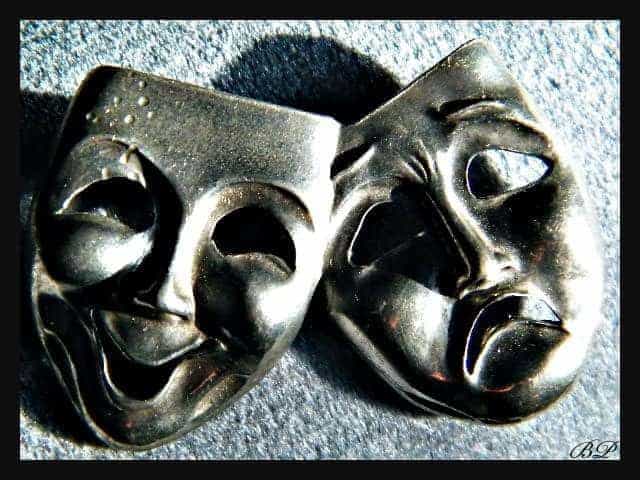The Ancient Greeks and Romans were known for writing a range of comedies highlighting their affinity for satire and farce. Many of the things the Greeks and Romans found funny are still humorous today, including plenty of sex jokes and tales of mistaken identity. The ancient satires are still relevant today as they address many of the same concerns with politics and politicians that people have today. These comedies tackle corruption, taxes, and wealth inequality, making them satires that many people would still understand and find funny even in modern times.

Lysistrata
Lysistrata is one of the most famous ancient Greek comedies by the person who is credited as the best Greek comedy writer in history, Aristophanes. This comedy has actually been remade in modern times and was recently recreated in the movie, Chi-Raq. Lysistrata was first performed in 411 BCE.
The comedy takes place during the Peloponnesian War and it focuses on Lysistrata, a woman who is tired of the fighting. She decides to take matters into her own hands and gathers together the women from all of the Greek city-states. She proposes to all the women that they withhold sex from the men until they bring an end to the Peloponnesian War.
The woman agree to end all sexual activities by signing a very detailed oath that lists a wide range of sex acts and positions, including the Lioness on the Cheese Grater. The women then take control of the Acropolis, where the treasury is held. This means that the war cannot be funded and the magistrate comes to collect the money needed for the fleet. Lysistrata meets with him and explains that the women are frustrated that men make stupid decisions during the war that affect everyone.
As the play progresses, the men begin sporting very large bulges, including the magistrate. They are suffering without the pleasures of women. The women suffer as well, but Lysistrata keeps them rallied to their cause so that no amount of begging will convince any of the women to give in to the increasingly desperate men. Finally, they agree to begin peace talks. When the men begin to quarrel over terms, the women send out a beautiful woman to parade in front of the men until they are so desperate for sex that they agree to terms.

